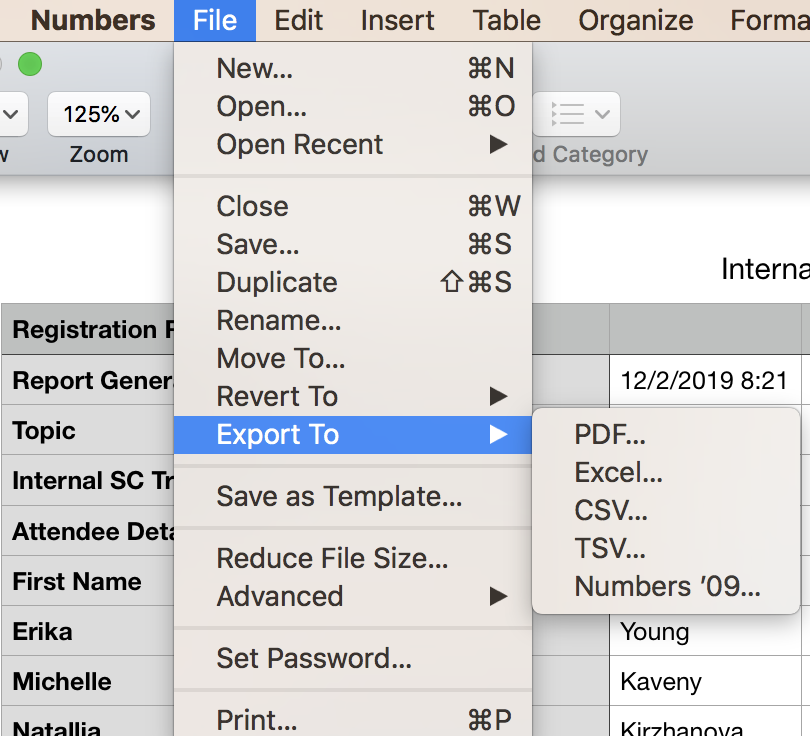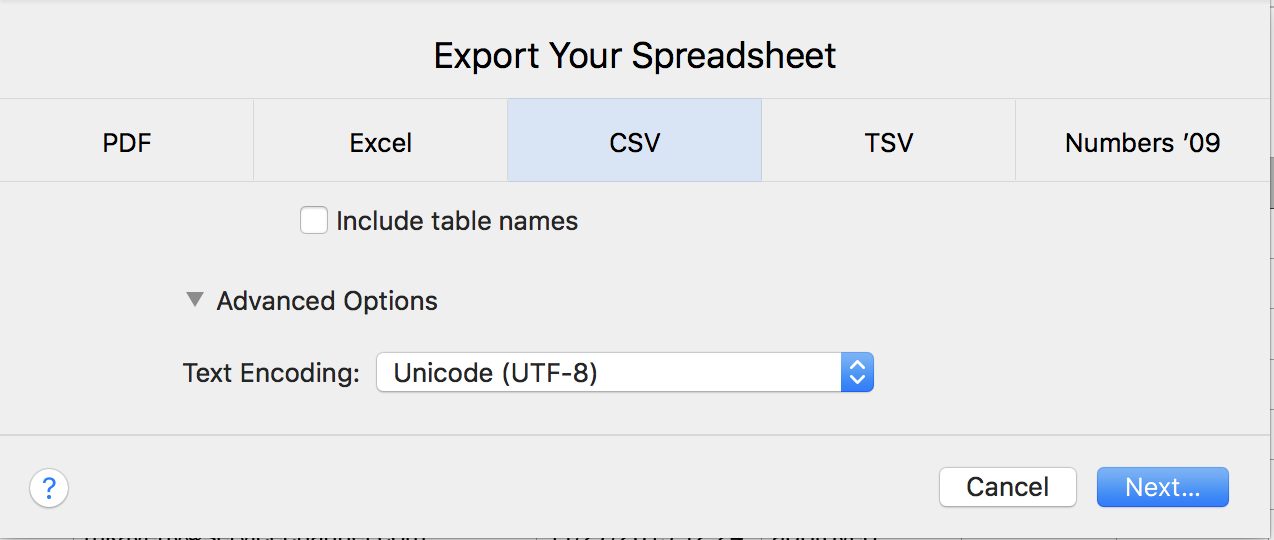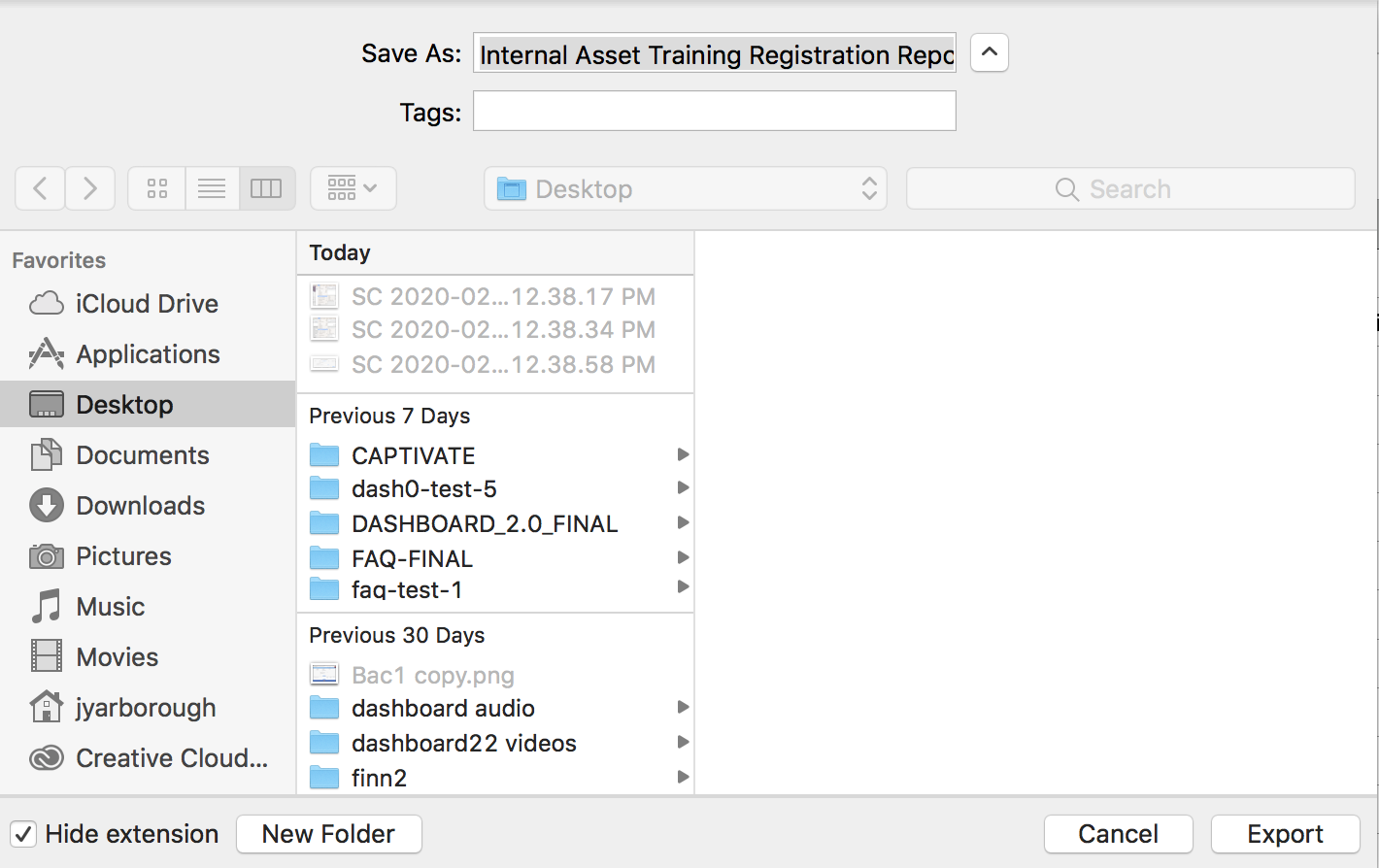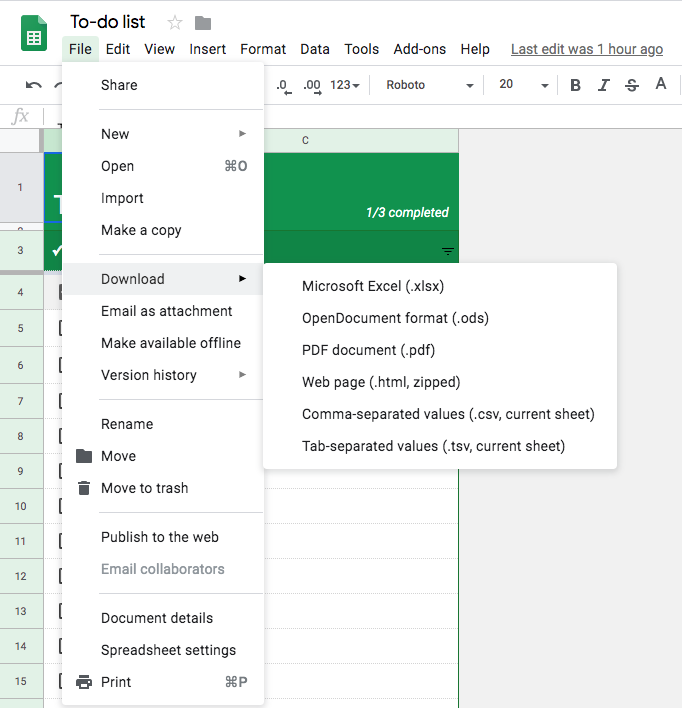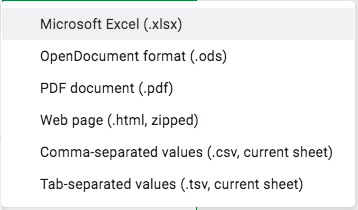/
Using Invoice Templates to Create Invoices
Using Invoice Templates to Create Invoices
, multiple selections available,
Related content
Completing the Standard Invoice Template
Completing the Standard Invoice Template
More like this
Completing the Line Item Invoice Template
Completing the Line Item Invoice Template
More like this
Uploading and Submitting an Invoice Template
Uploading and Submitting an Invoice Template
More like this
Managing Private Notes, Rating, and Vendor ID
Managing Private Notes, Rating, and Vendor ID
Read with this
Creating Invoices Using Templates
Creating Invoices Using Templates
More like this
Getting Started with Completing the Line Item Invoice Template
Getting Started with Completing the Line Item Invoice Template
More like this
